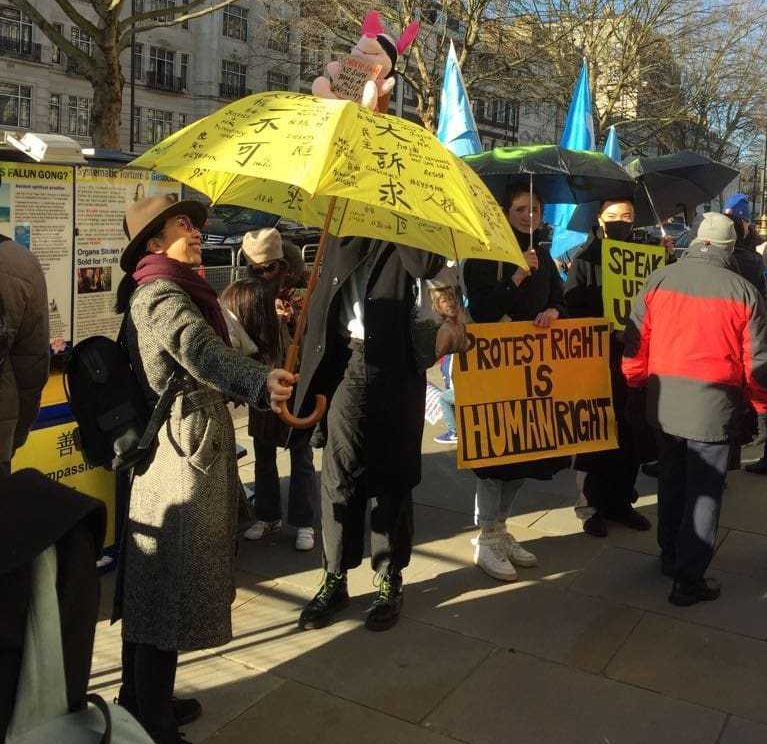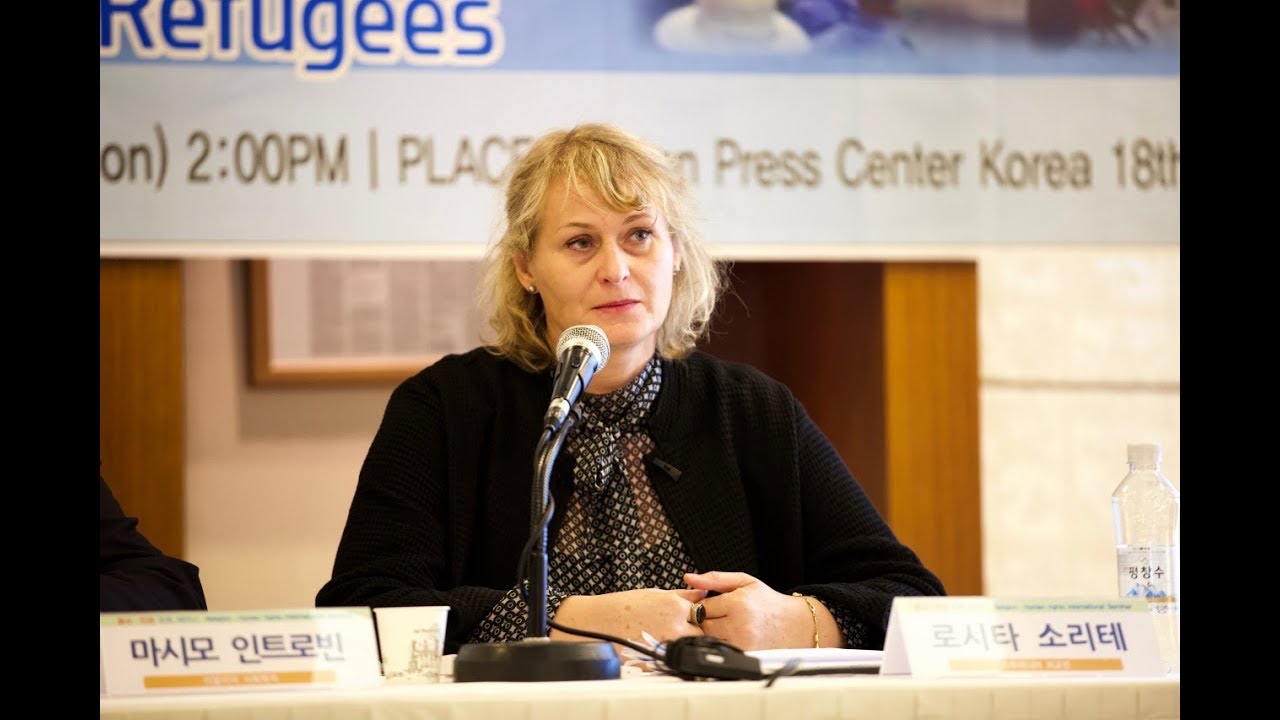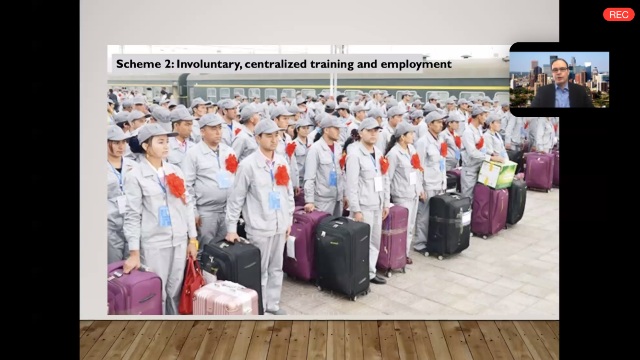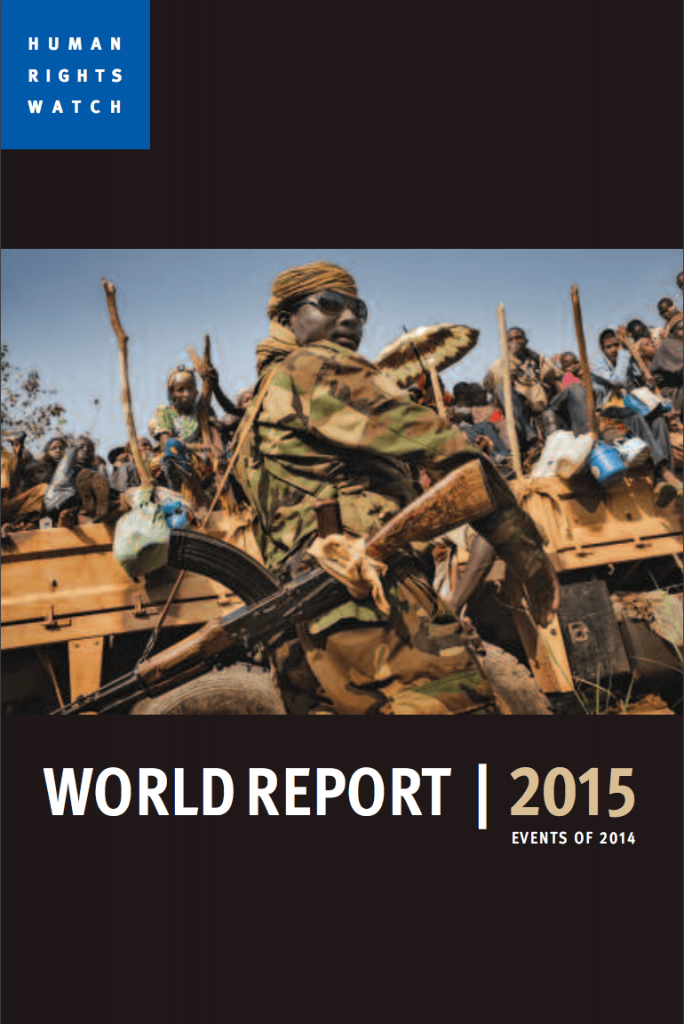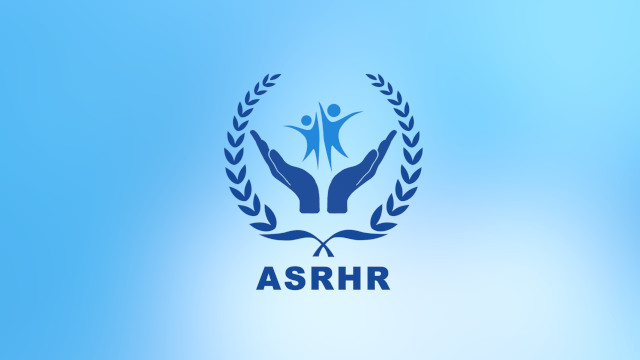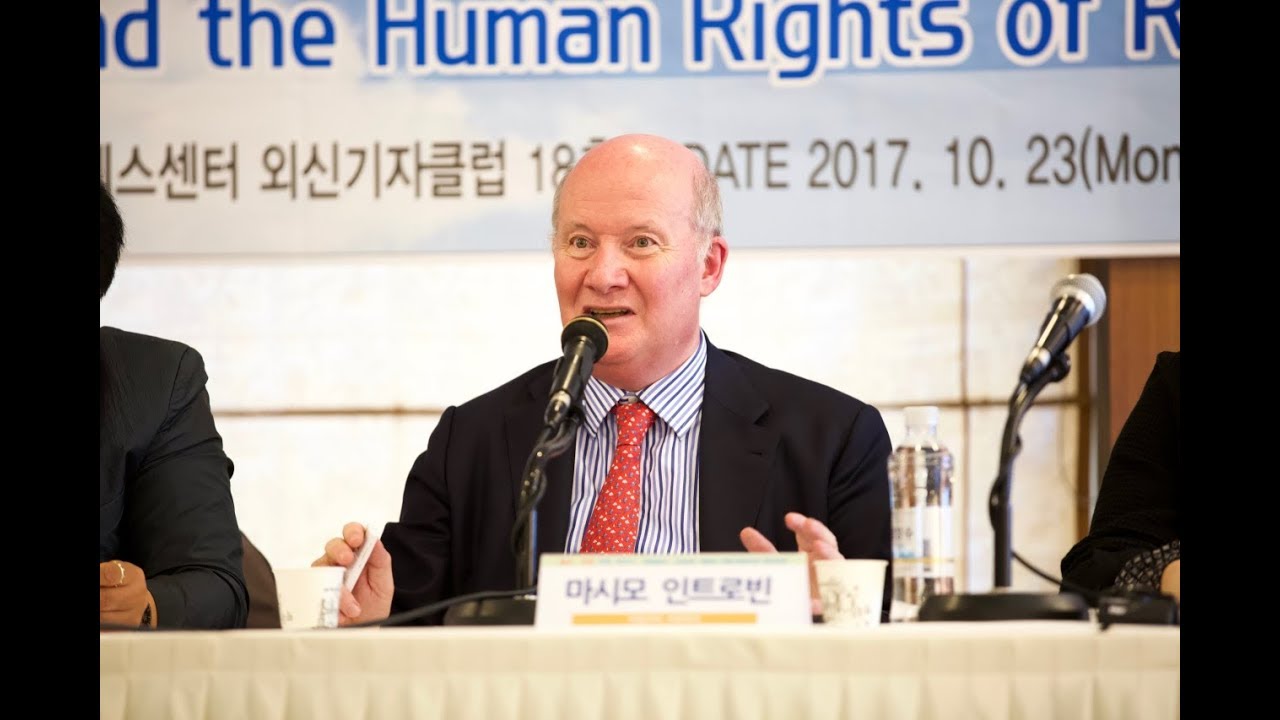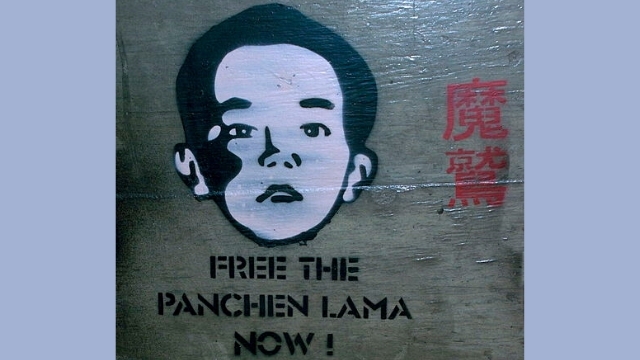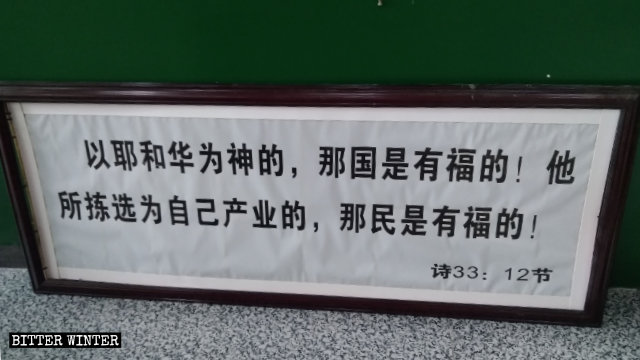Chinese reporters talk to Bitter Winter about how they are prohibited from publishing real news about the epidemic. They should follow the official guidelines and press releases, thus depriving their readers of potentially vital information.

The main concern is censorship
After failing to take prompt actions to put the Coronavirus epidemic under control in Wuhan, authorities continue to keep the real situation in mainland China from the populace. The CCP has ramped up its efforts to maintain “social stability” by silencing the media and imposing harsh penalty on “rumor makers.”
A staff member from a news agency in a southeastern province who asked to remain anonymous told Bitter Winter that, a few days after Wuhan was locked down on January 23 due to the serious epidemic, the news agency he works for received an order from the higher public relations department. According to the order, journalists are not allowed to conduct any interview to dig out such real features of the epidemic as the lack of ward beds in hospitals, suspicious cases being tested in residential communities, and so on. Rather, they are encouraged to stick to standard scientific information and publicize more “positive” news, like how much the government has done to allocate relief supplies, or how well the authorities have worked to handle the epidemic, etc., the obvious intent being to appease the unrest among the population.
In addition, the higher public relations department also instructed that any statistics on the epidemic must be released in accordance with the ones issued by the “Coronavirus Prevention and Control Leading Group.” The daily articles on the virus in Chinese media should be strictly edited based on the information released by the Xinhua News Agency, or releases published after the press conferences by the Ministry of Health. Any news released without verification by relevant government departments will be dealt with as “rumors,” leading to the punishment of the reporters.
On February 4, the Ministry of Public Security convened its third video teleconference for national security agencies on the work of dealing with the Coronavirus epidemic. The authorities continued to insist on putting political security first. They also stated that harsh penalties should be imposed on “rumor makers” who refuse to follow the government’s guidelines, which have become crucial to “stability maintenance.”

Reporters threatened
The High People’s Court of the northeastern province of Heilongjiang has recently issued an “Emergency Notice,” which stipulates that any fabrication or intentional circulation of “disinformation” about the epidemic will lead to a sentence up to 15 years in jail.
“According to the government order, journalists are not allowed to check whether the official statistics are real, as they are not allowed to conduct any interview in any hospital,” the same press agency staff member said. “To keep everything confidential, even the district and county-level governments are not qualified to collect statistics,” he added.
According to the staff member, the notice and stipulation issued by their higher public relations department are confidential. As for the content of daily reports to be released, “media confidentiality officers” will receive the instructions through phone calls from the public relations department, write them down on paper, and pass them to local media, so that all local journalists will publish unified information according to the instructions.
The journalists who work for the same news agency were told that any negative information against the government, including news about raising the price of surgical masks, cannot be published. The head of the news agency even warned them, “Those who produce such reports will be punished. Do not cross the line of the regulations on social order. Otherwise you’re supposed to spend a couple of weeks in jail during the Spring Festival, and it’s no big deal. But in a worse case, you’ll lose your job.”
“The outbreak of the epidemic became more serious largely because the government reports lacked transparency,” the same wire agency staff member told Bitter Winter. “For nearly a month, the Wuhan government had failed to release information about the epidemic in time. In mid-January, the Hubei government [i.e. the government of the province whose capital is Wuhan] convened annual plenary sessions for the Provincial People’s Congress (PPC) and People’s Political Consultative Conference (PPCC). The PPC representatives boasted about doing good deeds for the people, but no one mentioned the epidemic during the sessions. The decision of locking down Wuhan city was made after the sessions.” “Something must be wrong with the CCP political system,” he continued. “Journalists are supposed to disseminate true information, monitor the government, and bring hard facts to the people. But now they’re losing their roles.”
“The government is incorrigible,” another reporter told Bitter Winter in anger. “They’re repeating what they did for the SARS epidemic more than ten years ago and continue to cover up everything. The regime is focusing on maintaining its power. It only worries that the people will see from the epidemic its incompetence in governing the country,”. “‘Do not forget the original intention’? ‘Keep the mission in mind’? ‘Seek happiness for the people’? All fake slogans. The promises gave the people a false impression. The number of deaths keep surging, but the officials just talked bullshit in the sessions with the media.”
He added that the government has learned nothing from history, and that it will continue to block off important information in the future. It’s not individual officials who are responsible. Instead, “it is the government who forces everyone to do so under the hidden rules of the CCP system.”
Tell the truth, go to jail
The media is not alone. Medical personnel have also been silenced. On January 19, the director of a hospital in the prefecture-level city of Binzhou in the eastern Shandong Province sent a message in his working WeChat group, warning all his medical staff members not to send any information about the nCoV epidemic in WeChat groups or elsewhere.
The world knows the story of Li Wenliang, an ophthalmologist working at Wuhan Central Hospital, who was the first to blow the whistle about the nCoV epidemic in his WeChat group on December 30. He was later identified as a “rumor maker” and taken to “re-education” by the police. On February 7, he died from the nCoV, which caused an eruption of the public opinion. Many Chinese accused the government of concealing the situation of the epidemic only to maintain the so-called social stability.
Obviously, the government refuses to learn its lesson from the incident of Li Wenliang, after whose death many people continued to be arrested for “creating rumors.” On February 6, five medical staff members from two hospitals in Wenshan Zhuang and Miao Autonomous Prefecture in the southwestern province of Yunnan were kept in custody for 10 days, on the charge of “privately filming the patients in hospitals and spreading non-authorized information on prevention and control of the epidemic.”
Source:Bitter Winter/ Tang Zhe

